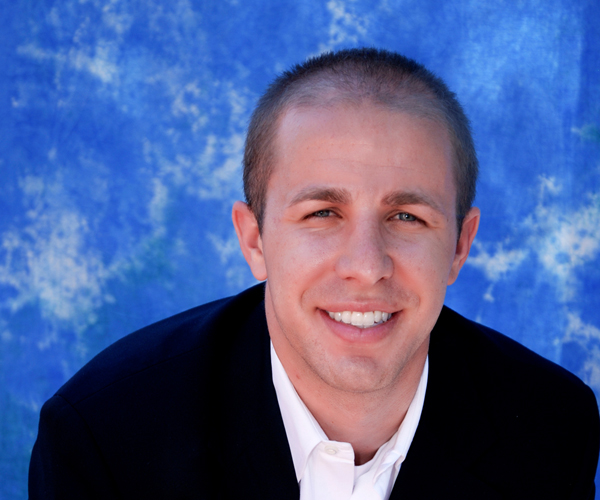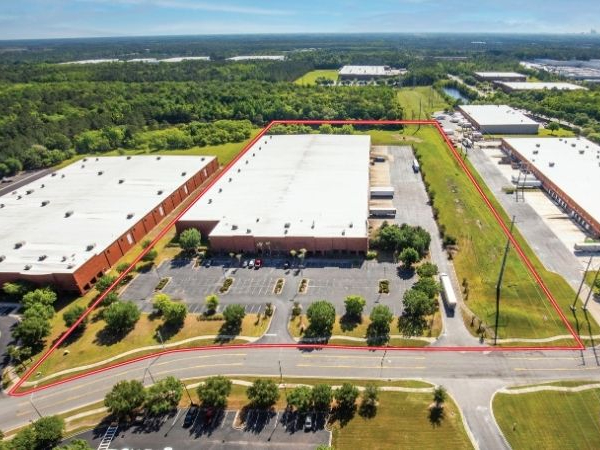Executive Spotlight: Joshua Simon, SimonCRE
Joshua Simon launched Phoenix-based SimonCRE at age 24. Now he's developing and redeveloping shopping centers and single-tenant build to suits in places as diverse as Detroit and Arkansas.
 By Leah Etling, Contributing Writer
By Leah Etling, Contributing Writer
Joshua Simon is just 28, but he has already managed to log a decade of experience in real estate—an industry he joined as an intern for Sandor Development in Arizona at age 18. At age 24, he launched Phoenix-based SimonCRE, focusing on shopping center development, redevelopment and single-tenant build to suits. The company has projects scattered across the U.S., from California to Arkansas to Michigan.
Perhaps it can be attributed to his youth, but Simon has no fear about undertaking ambitious repositioning projects in a city or state where he hasn’t before done business. He relies on his team’s research as well as local experts for information about market conditions.
“It’s all about relationships,” he said, speaking from Detroit, where he was on a project scouting trip combined with a meet-up with Quicken Loans founder Dan Gilbert. Gilbert had invited Jewish community leaders to tour the Motor City’s downtown and see the progress his real estate and finance companies have helped further. Simon, who is involved with numerous Jewish charitable organizations in Arizona, was interested in Gilbert’s community-building efforts. Last year, SimonCRE made its first investment in Michigan: in a $7.6 million suburban shopping center.
“The bankruptcy gives it a bad name, but Detroit is a thriving city. We became very comfortable with the market and the real estate and even got an out-of-state lender to finance it,” Simon said. He’s experienced the powerful impact that retail redevelopment can have on community wellbeing in Arkansas, where SimonCRE rehabilitated one former Walmart center in a small town—a 90,000-square-foot center in Camden with just 5 percent occupancy when purchased—and in early June closed on another, an 85,000-square-foot vacant property in Newport.
“It was an eyesore, and we came in and spent a couple million fixing everything up. Not only did the town benefit from not having an eyesore property any longer but the businesses that leased created between 70 and 100 jobs. That’s a big deal for a small community,” he said.
CPE: You went from the company that gave you your first job to forming your own company before you turned 25. What influenced that decision?
Simon: I felt like I could do it on my own and was ready to take the jump. It was 2010, I had been in the business for six-and-a-half years, and I figured that Bill Gates started his company when the economy was in a recession, so there must be something about starting at the bottom. I also thought that if I was going to do it, now was the time, when I’m not married, no kids—I didn’t have a family that I was worried about.
CPE: What’s the scope of your business thus far?
Simon: We own about a half a million square feet in seven to eight states. The majority of our projects this year have been single-tenant work. We’re a preferred developer for Dollar General in California, and we’ve developed Verizon Wireless stores and EZ Corp pawnshops. We bought a vacant Wal-Mart in Arkansas and we’ll subdivide it. We already have it pretty well leased, and the tenants will open later this year.
CPE: What are your plans to grow the company?
Simon: I’d like to grow my portfolio substantially. We’ll definitely continue to develop. We’re trying to double our single-tenant developments to between 24 and 36 single-tenant deals next year while also buying redevelopment opportunities. Everything we buy is value add. At the same time, the market conditions can change overnight. I think it’s very important, despite your goals, to have flexibility and immediately be able to adjust if the market is moving in a different direction.
CPE: And you’re also involved in the technology industry?
Simon: Yes. I bought a substantial part of One Stop Voice, a Voice over Internet Protocol company, about four years ago, around the time when I went out on my own in real estate. When we bought it, the company was failing, literally on its last legs. We’ve taken it and turned it into a $1 million-plus revenue company in three years. So that’s a pretty cool success story.
CPE: What advice do you have for other young entrepreneurs?
Simon: You have to have passion. I don’t know anybody who is really good at something and doesn’t have complete passion for what they are doing. You’ve got to be able to look at yourself in the mirror and be able to say, “If I fail and have to move back in with my parents, I’m OK with that.” And I’m willing to work 90 hours a week. It’s all risk and reward. If you’re willing to take that risk and have passion for what you are doing, then I think you should do it.
CPE: Do you work 90 hours a week?
Simon: Yes. My girlfriend doesn’t always like it, but I don’t call it work. Today, I’m in Detroit, and I get to go out to dinner with clients. I guess that’s putting hours on the clock, but this is what I love to do. These are my friends and my family. I don’t consider it work.
CPE: How do you give back?
Simon: I’m active in the Phoenix 20/30 Club. We just held our annual Suitcase Party, which is our annual charity fundraiser. It brought in over $200,000 for Phoenix Children’s Hospital. It’s held in a jet hangar, and we pull the name of a winner at the party who gets on a private jet and takes off for a weekend in Vegas, all expenses paid.
I’m also on the Arizona board for Entrepreneurs’ Organization. My new role is as the Accelerator president, which is a feeder organization. If you’re the owner of a company that has more than $1 million in revenue, your EO group acts as a board of advisors. As the Accelerator president, I mentor business owners that aren’t at the $1 million level and help get them above it. I thought it would be a great opportunity, since I’ve been so fortunate to get my business from zero to over $1 million that I wanted to help other business owners do the same.







You must be logged in to post a comment.